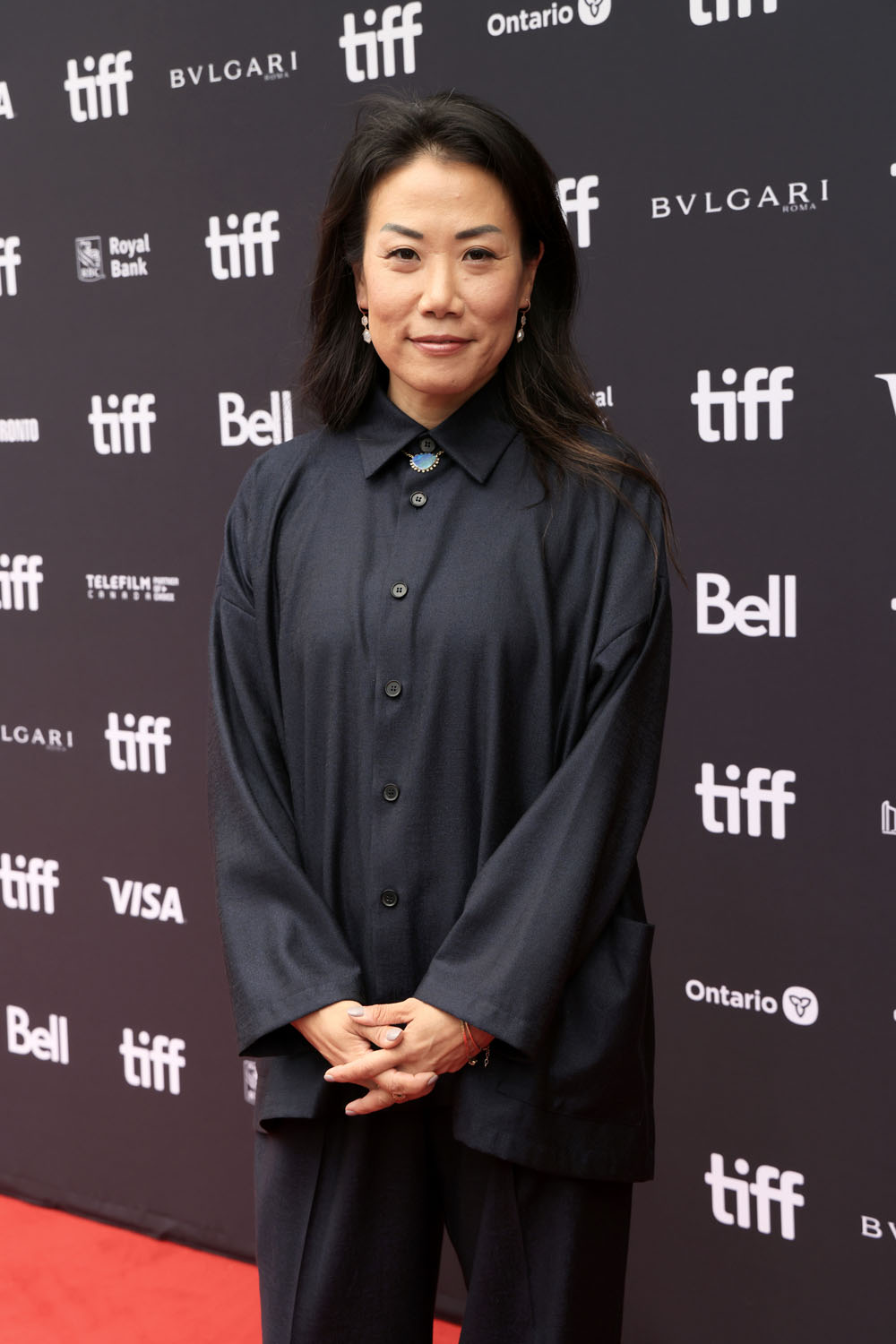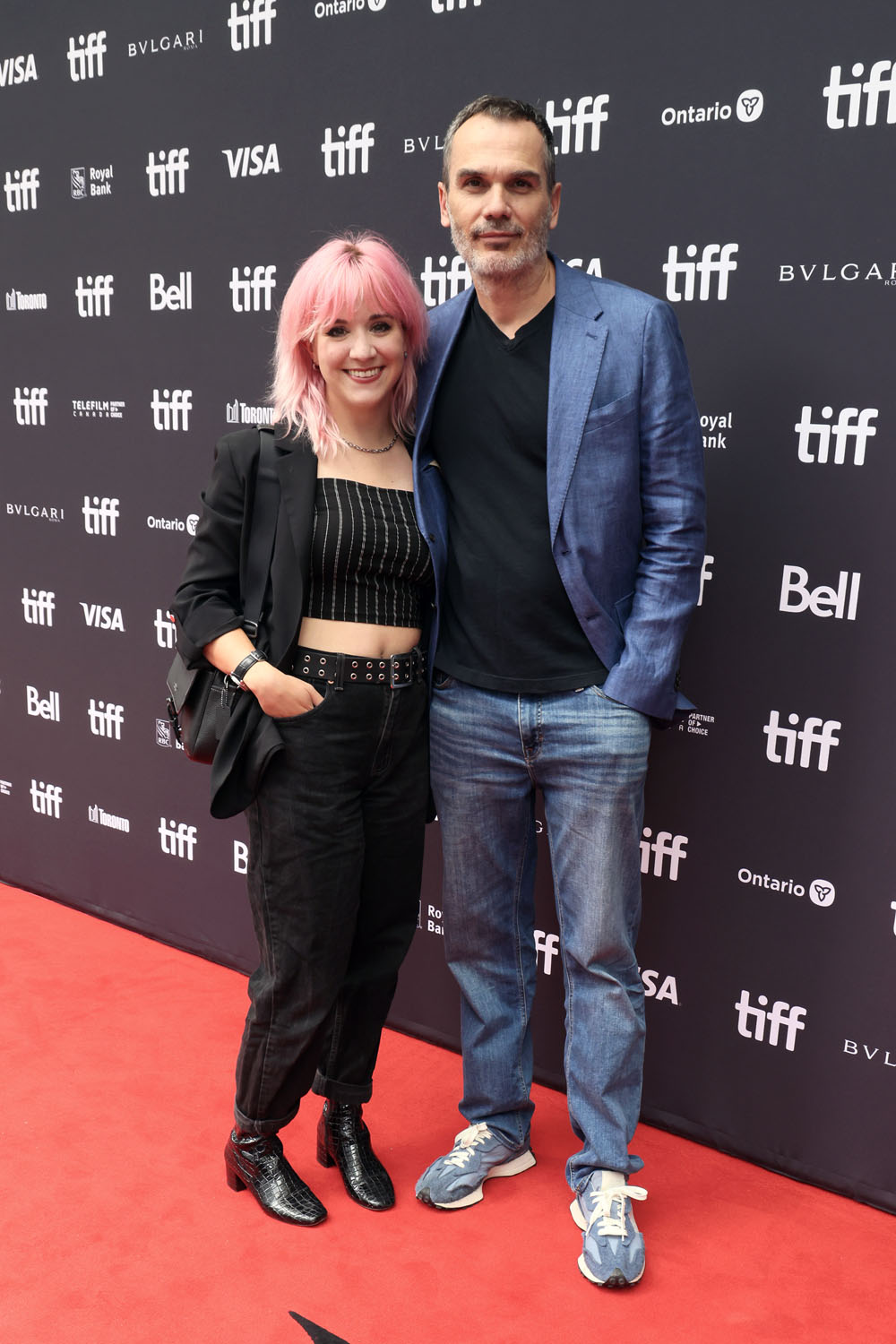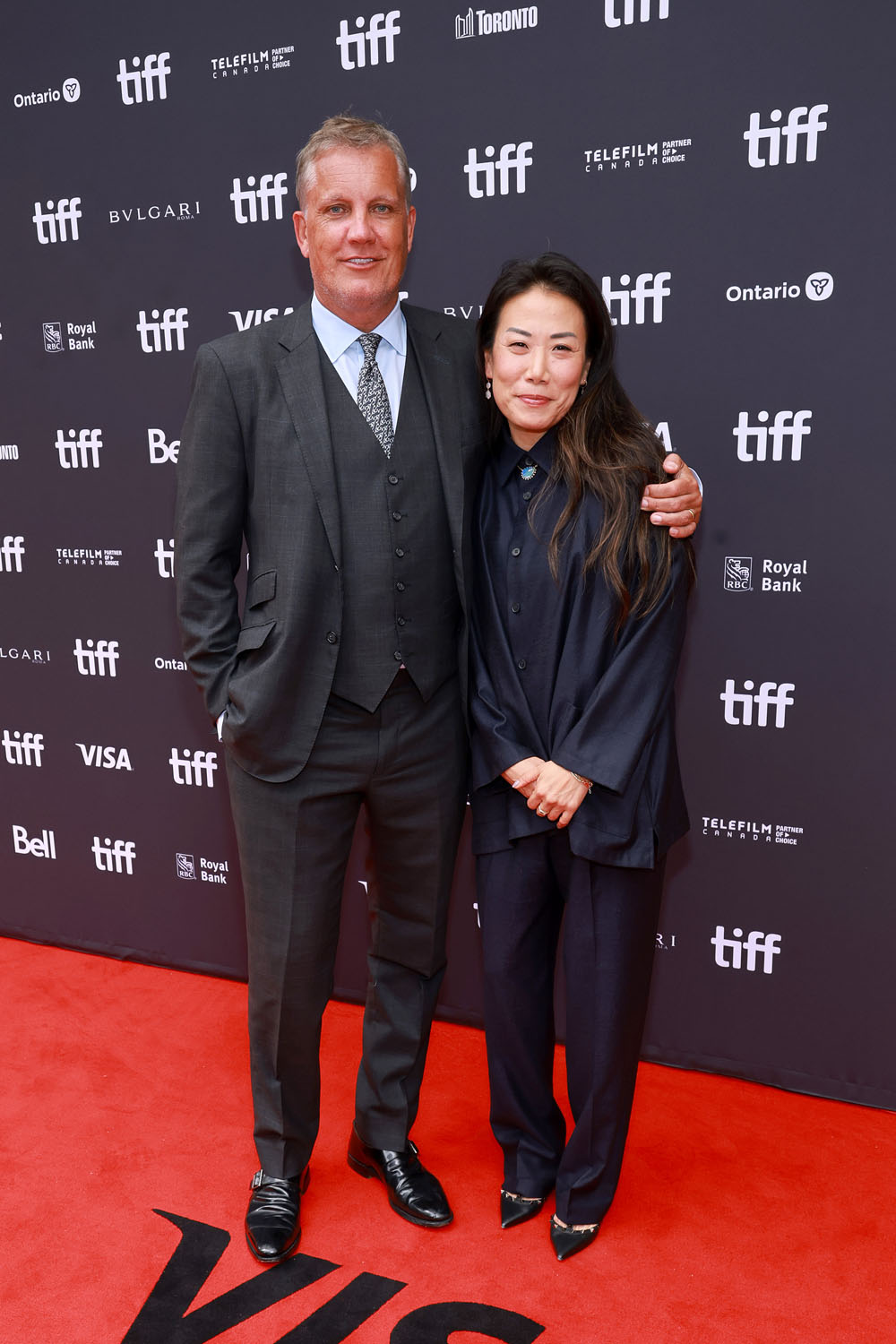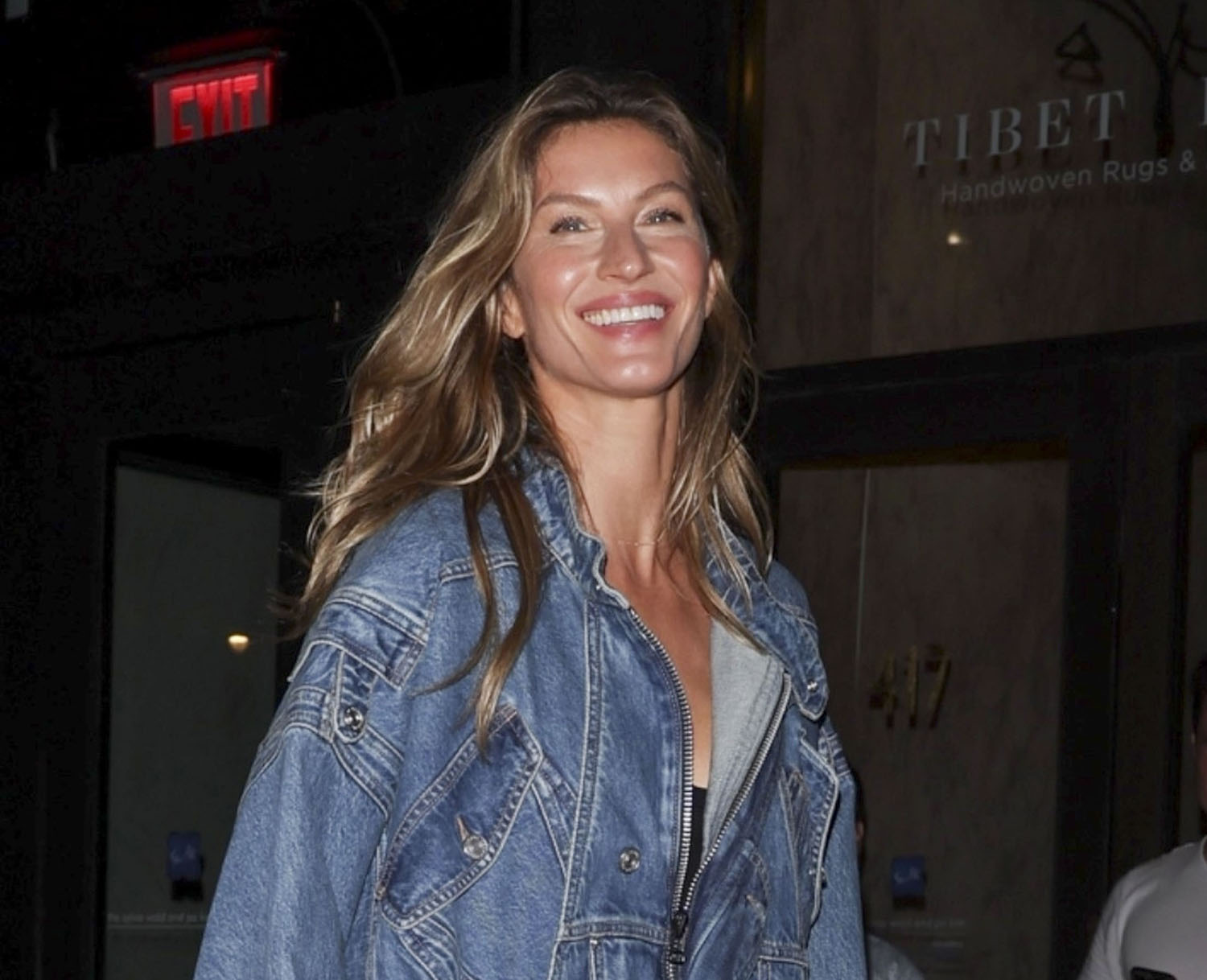TIFF Review: Woman of the Hour


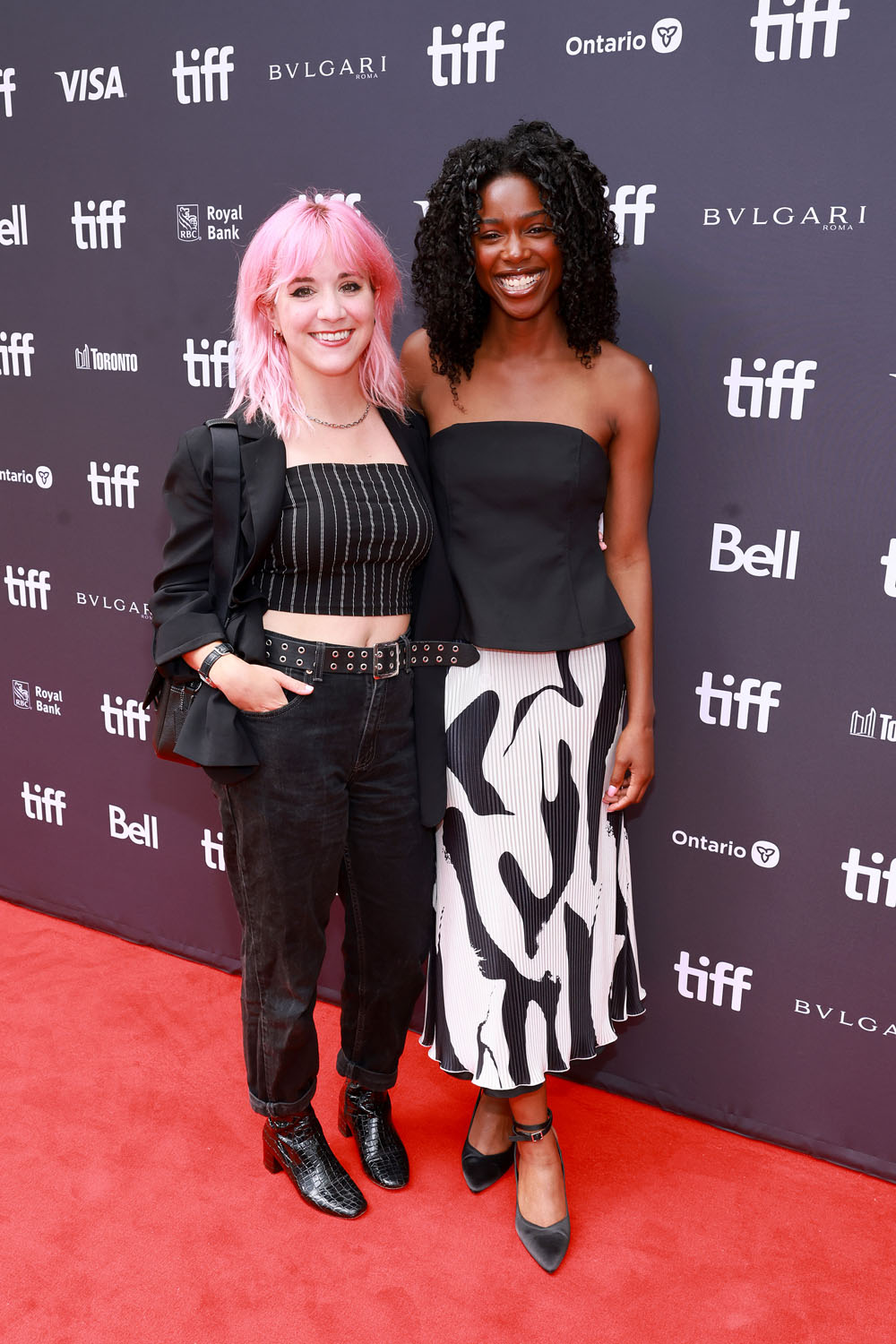
Which one of you will hurt me? That is the “question under the question” of the cheesy game show, The Dating Game. How will you hurt me? That is the question at the heart of Anna Kendrick’s directorial debut, Woman of the Hour. The film, arguably the best piece of feature-length true crime drama since Zodiac, jumps off a quirky piece of trivia about serial killer Rodney Alcala—he appeared on a 1978 episode of The Dating Game—to examine how social conditioning and systemic biases endanger women through a series of escalating interactions that can, at their worst, lead to serious harm and even death. With a bold vision and confident direction, Kendrick uses a fictionalized version of The Dating Game story to deconstruct a world which is inherently hostile to women.
Kendrick does double-duty, directing and starring as Cheryl Bradshaw (her name, along with Alcala’s, are the only ones not changed for dramatic purpose), an aspiring actress in Los Angeles. Failing to book any work, her agent talks her into appearing on The Dating Game “to be seen”, which once worked for Sally Field (she appeared on the show twice). Desperate, Cheryl agrees to the gig, but first we see a glimpse of her life in LA, where male casting directors disparage her to her face, and where a pushy neighbor (played with smiling smarm by comedian Pete Holmes, who understands exactly how to weaponize his nice-guy face into something more sinister) ignores Cheryl’s signals for him to leave her alone. Eventually, inevitably, she is worn down into sleeping with him.
Here Kendrick’s natural on-screen perkiness wears thin. Cheryl is brittle and on edge, anxious over money troubles and the endless rejection of auditioning for roles she never gets, trying to keep her chin up but increasingly unable to bear the weight of going along to get along. The strident misogyny of the casting directors, her neighbor’s subtle social pressuring for sex, all of it compounds to show how much “ordinary” sexism and objectification Cheryl is exposed to, both in the entertainment industry, and just as a woman in the world. The film is only ninety minutes, these scenes are quick but impactful, sharply showing how the world is designed to work against Cheryl.
Intercut throughout the film are scenes of Alcala with some of his victims. These scenes are violent, but Kendrick, working with cinematographer Zack Kuperstein, provides enough visual information to understand the scope of what Alcala is doing while still respecting the severity of the moment. Her work here recalls how David Fincher handles the murders of the Zodiac killer in Zodiac, with a focus on the victim’s experience over the perpetrator’s. It’s not an easy watch, but the juxtaposition of the “regular” sexism Cheryl is subjected to with Alcala’s violence draws a clear line between the two. The casual chauvinism, cruel mockery, indifference, disbelief, objectification, misogyny—all of it allows a monster like Rodney Alcala to operate under the radar, disguised by so much daily creepiness.
Hour, though, could not be less interested in Rodney Alcala as a person. Daniel Zovatto’s performance is very good, he nails the snakelike charm that lures victims in but wears off quickly, capturing both how Alcala could charm people but also repel them. Yet the film only humanizes him through the eyes of a survivor, an unnamed runaway who says whatever she must in order to survive from one breath to the next, buying herself enough time to make an escape (Autumn Best is spectacular as the canny kid, who seems to be a blend of real-life survivors Tali Shapiro and Monique Hoyt). The only sympathy Alcala receives is borrowed from a girl trying to save herself.
The casting is great, from Tony Hale as the obnoxious chauvinistic host of The Dating Game—who clearly cannot STAND being upstaged by a clever woman like Cheryl—to Nicolette Robinson as Laura, who sees Alcala at the show taping and connects him to the unsolved murder of her friend. Laura is a fictional character, a stand-in for all the people who tried to report Alcala over the years and were dismissed or outright ignored, and Robinson perfectly captures the shattering anger of knowing the system is failing you, and worse, the dead.
Meanwhile Kendrick, unlike many actor-directors, especially first-timers, never seems to be exerting herself on either side of the camera. Her direction is assured, she never gives into gimmicky shots or overly designed sequences meant to show that she knows what lenses are. Her performance is equally assured, playing off her good-girl image to show flickers of Cheryl’s frustration and rage built up through a lifetime of being dismissed and denigrated as a woman. She can get a laugh with the slightest quirk of her mouth, but she can also bring the tone of a scene crashing down merely by widening her eyes. Following her work in Alice, Darling, it seems Kendrick has found a new gear to work in as an actor, never mind immediately proving herself an accomplished director.
There is also an outstanding use of sound in this film. The score by Dan Romer and Mike Tuccillo is mostly dark, ominous tones, but it is occasionally interpolated with distinctive knocks that ratchet up the tension. And the way Kendrick drops sound altogether is especially good. In real life, Cheryl never went out with Alcala, finding him too creepy once they actually started chatting off stage. Here, though, they go for drinks after the taping. The background noise spikes: a group leaving the bar. Abruptly, it is perfectly quiet and Cheryl, already displaying some nervousness, suddenly looks like a cornered animal. In that silence, there is nothing to hear but instinct, and we don’t need any voiceover or cues to tell us that Cheryl has gone from nervous to absolutely petrified. It’s all on Kendrick’s face and in the weight of the silence in the bar.
So much of Hour is about the thousand little ways women are expected to put up with disgusting treatment just to grease the wheels of daily social interaction, and how that can, when combined with systemic failures of the justice system, allow predators like Rodney Alcala to harm dozens of women (the epilogue provoked a loud, horrified gasp from the audience). Woman of the Hour is a tight, taut thriller that makes a wretched point with style and just enough humor to leaven the dark story of Rodney Alcala, and the everyday danger of being a woman in the world.
This review was published during the WGA and SAG-AFTRA strikes of 2023. The work being reviewed would not exist without the labor of writers and actors.

